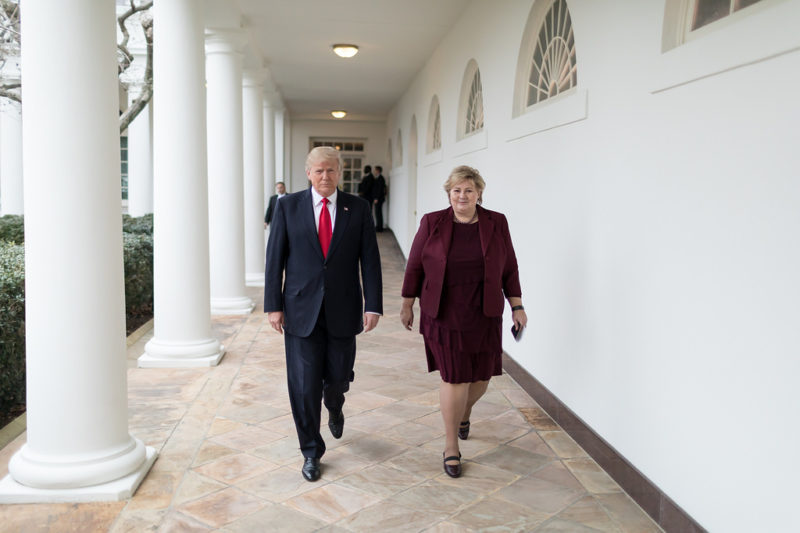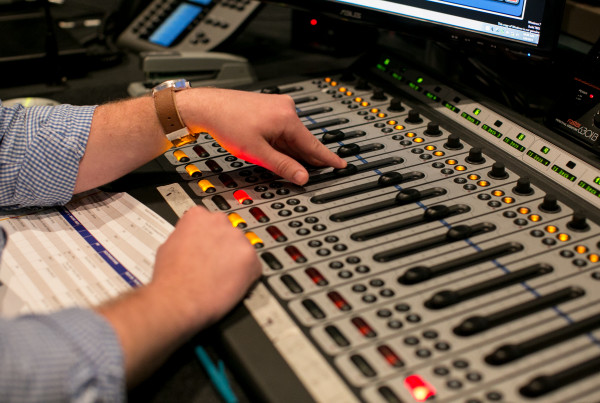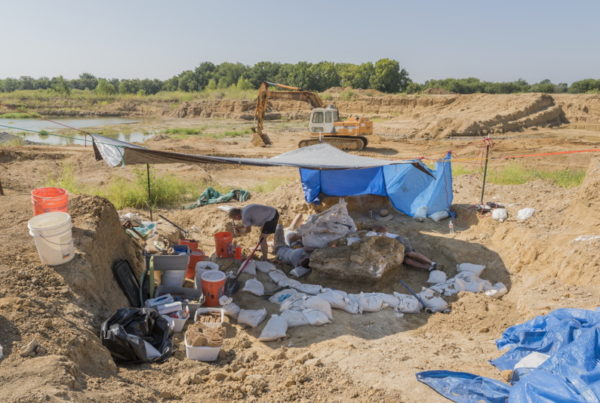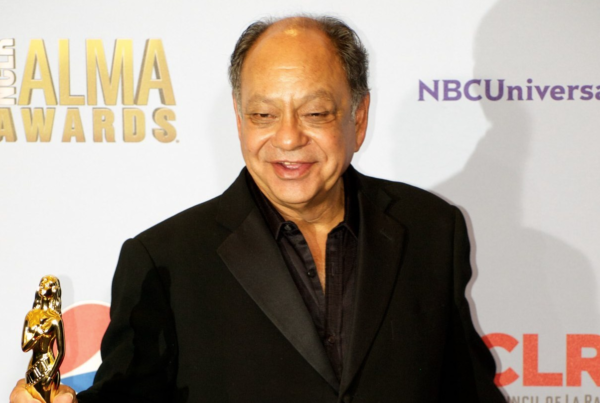The Iran nuclear agreement – signed in 2015 by the Obama administration, Iran and other world powers – lifted economic sanctions in exchange for Tehran agreeing to give up its nuclear ambitions. On the campaign trail, Donald Trump was highly critical of the deal, at one point calling it “the highest level of incompetence.”
So what’s at stake now? Yesterday, in a break from the Trump administration, top European diplomats voiced their continued support for the deal. With a looming deadline on Friday over waiving the sanctions, it’s unclear what the President will do.
Michael Mosser specializes in international relations and global studies at the University of Texas at Austin. He says the deadline stems from a requirement that the U.S. State Department renew the deal every 90 days.
In October, however, Mosser says, “the administration refused to recertify the deal, and so we are at that 90-day window now.”
He says European, Chinese, and Russian diplomats who were involved in the negotiations believe it’s the best deal that was possible and that the United States should stick with it.
“There’s a great deal of criticism of the deal ever since it’s been struck that the deal is a poor deal for the United States and that it wouldn’t matter whether or not we were in it,” he says.
Mosser says the goal of the deal has been to reintegrate Iran into the global economy and reduce their nuclear ambitions.
“One of the things that should be noted, and it’s often overlooked, is that the sanctions that were imposed on Iran’s ballistic missile programs are still in place,” he says. “The Iranian nuclear deal as we’re talking about here had nothing really to do with either the ballistic missile program or Iranian actions in the Middle East, in say Syria or other places in the Middle East.”
Despite the uncertainty, a decision must be reached by the Friday deadline.
Written by Jen Rice.















